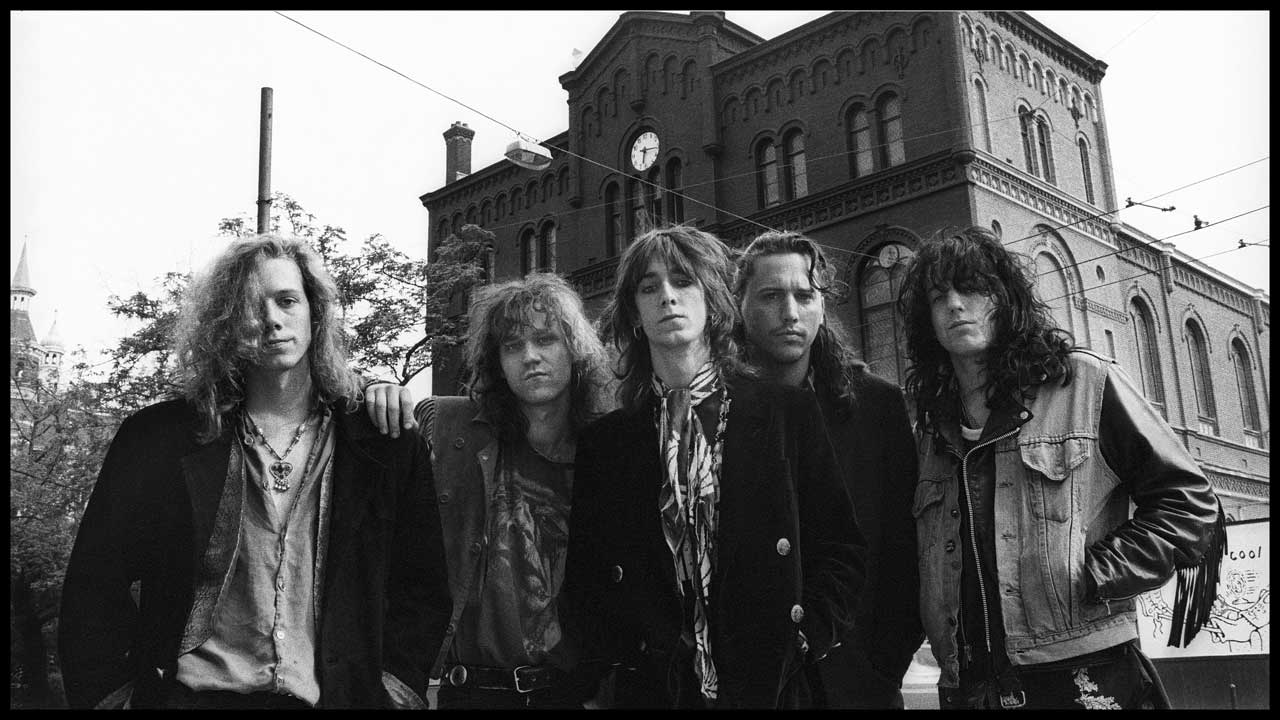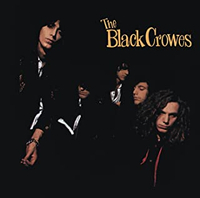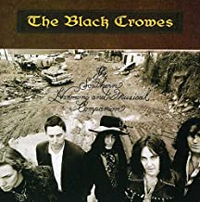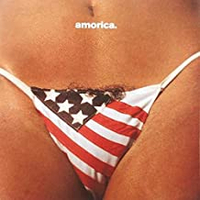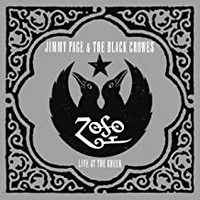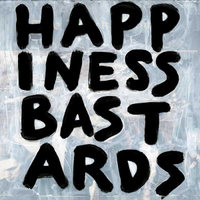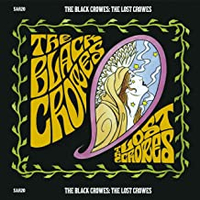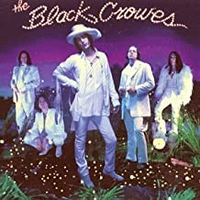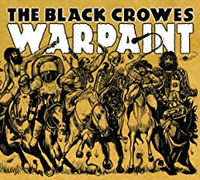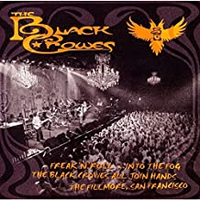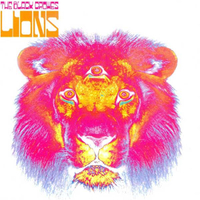If ever there was a band that was born too late, it’s The Black Crowes. Frontman Chris Robinson recently stated: “We like the way records sounded from 1968 to 1972.” Which is hardly surprising coming from a dude who views the modern world through a haze of marijuana smoke and looks like he’s just got back from Woodstock. But as he proudly declares: “This band has always been out of sync with whatever is going on, because we couldn’t care less what’s going on, ever!”
When The Black Crowes released their debut album Shake Your Money Maker in 1990 a new form of alternative rock, led by Jane’s Addiction and Faith No More, was mapping out the future. But the Crowes – from Atlanta, Georgia, led by Chris and his guitar-playing kid brother Rich – played rock’n’roll the old-fashioned way. They wore bell-bottoms; they liked to jam; they dug the Grateful Dead. They existed in a world of their own. And, more than 30 years on, they still do.
At their commercial peak in the early 90s The Black Crowes were one of the biggest bands in America. But they had a stubborn independent streak. They made the records they wanted to make, and they rarely played their biggest hit songs live. They didn’t give a fuck about playing by anybody else’s rules. Subsequently, they were dubbed The Most Rock ’N’ Roll Rock ’N’ Roll Band In The World. When the Crowes became marginalised in the late 90s it was their own doing. As Chris Robinson said back in 1992: “You gotta put your foot down – and sometimes it’s in a big pile of shit.”
Over four decades, The Black Crowes have been through good times and bad. In particular, the relationship between the Robinson brothers has always been a battle, and in 2001 led to the band splitting for four years, with further discord prompting breaks in 2010 and 2015. But as Chris explains: “The bond between us is so strong in a musical sense that it brings us together.”
Today the Crowes are still very much outsiders. Their 2024 album Happiness Bastards was released via their independent label Silver Arrow and received widespread critical acclaim – including Classic Rock's album of the year – but only scraped into the US Top 100 for a single week.
"Forty years since I got my guitar, and we started playing in our basement, seems crazy to me," Rich told us. "To think of the arc and the scope of the thing is pretty far out, but it’s really all I know. Chris sings like Chris. He doesn’t sound like anyone else. I play like me, and I don’t sound like anyone else. We’re both of us still curious and in love with music."

...and one to avoid
You can trust Louder Our experienced team has worked for some of the biggest brands in music. From testing headphones to reviewing albums, our experts aim to create reviews you can trust. Find out more about how we review.
